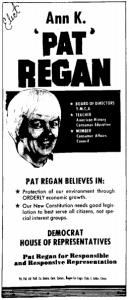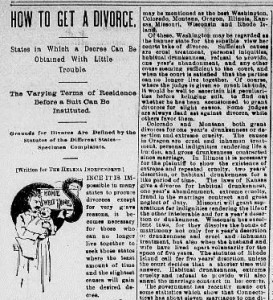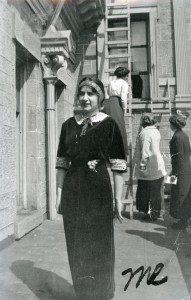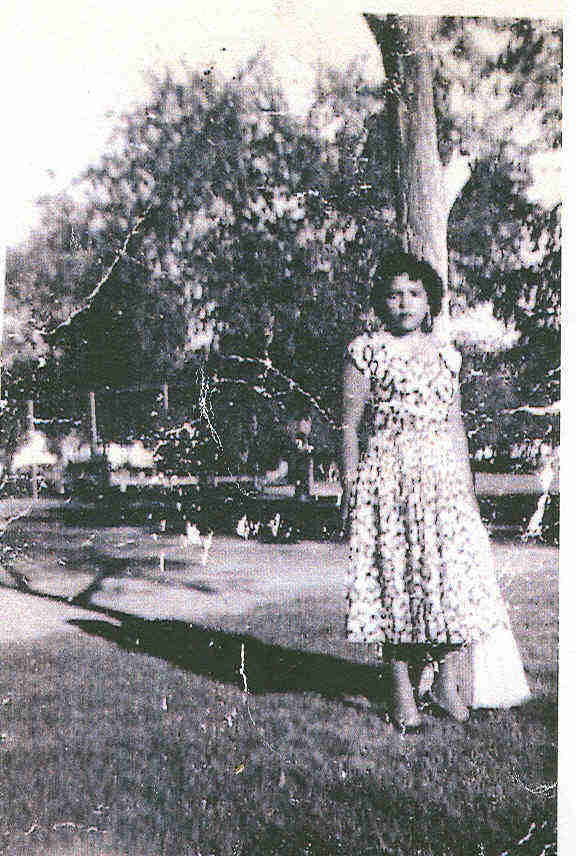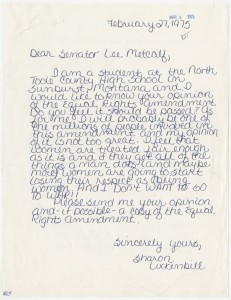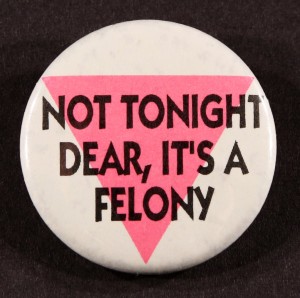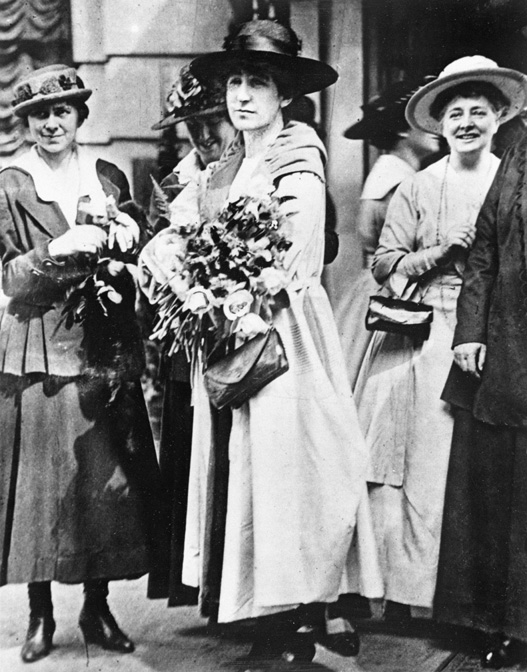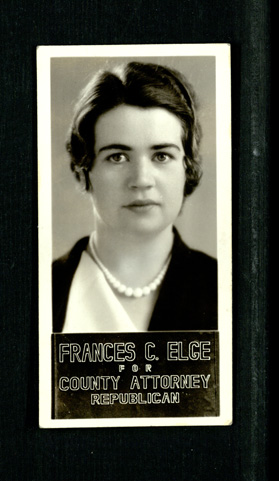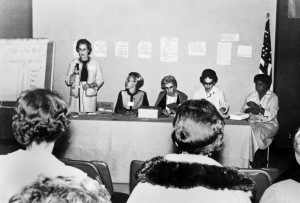
The American Association of University Women has always aspired to the promotion of women as fully contributing, educated members of society. Until the 1960s, this organization of female college graduates remained largely apolitical. At the division (state) level, Montana’s AAUW had created the highly successful AAUW Education Foundation to provide college fellowships for women, while local branches had focused primarily on community-building projects. However, the social, economic, and political changes during the 1960s and 1970s spurred a transformation in AAUW. “There are things to be done which money and men will never provide,” said one Montana member. Under the leadership of courageous feminists, AAUW evolved into a prominent activist organization that brought women to the forefront of public policy making.
In 1960, most AAUW members were homemakers or held traditionally “female” occupations in teaching or clerical work. Few Montana women had attained professional careers or had advanced to leadership positions; fewer still worked in the public-policy arena. When Governor Tim Babcock created a state Commission on the Status of Women in 1965, AAUW seized the chance to initiate policy changes and secured the appointment of several of its members to the commission.
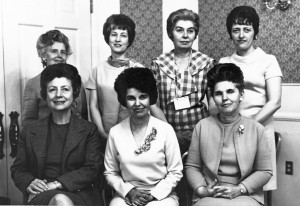
In 1967, Montana’s AAUW formed its own Status of Women Committee. That same year, the Billings branch organized a unique Inter-club Committee on the Status of Women that included two members from each of the participating groups: AAUW, Soroptimists, Altrusa, Zonta, and the Business and Professional Women. Its goals were to get more women into local, county, and statewide appointed offices; to encourage women to stand for state elective office; and to keep women in office as state superintendent of schools. Continue reading “Things to be done which money and men will never provide”: The Activism of Montana’s AAUW
